Photo: TİP
Click to read the articles in Turkish (1)(2)(3)
Turkey's 28th Grand National Assembly swearing-in ceremony on Friday (June 2) had one notable absentee, the elected MP for the Workers' Party of Turkey (TİP) in the heavily February 6 earthquake-affected region of Hatay, Can Atalay.
Despite the immunity granted to MPs by Article 83, the human rights lawyer remains confined in a high-security prison located over 500 kilometers away from Ankara's Bakanlıklar district.
Atalay is one of the 8 individuals involved in the politically charged Gezi trials, which resulted in prominent businessperson Osman Kavala receiving a life sentence for ''attempting to overthrow the government''. The activist and six others were sentenced to 18 years for their alleged involvement in ''assisting this attempt''.
This internationally condemned case relates to mass demonstrations in Gezi Park, İstanbul, precisely 10 years ago. The protests began as a response to police violence during a peaceful sit-in but grew into a broader movement against intrusive government practices and the erosion of democratic rights.
'Unlawfully held captive'
The continued incarceration of Atalay has faced widespread condemnation among opposition circles.
When he was summoned to the podium to take his oath on Friday, TİP Deputy Sera Kadıgil declared, "He is currently unable to take the oath as he is unlawfully held captive." TİP Chairperson Erkan Baş denounced this act as a violation of the will of the people of Hatay, while presidential runner-up Kemal Kılıçdaroğlu condemned the action to keep Atalay behind bars in a social media post today (June 5).
''Erdoğan and the unjust jurists wait for his command and fear making fair decisions, I will hold you accountable for this. Do not harm this society anymore, stop the erosion of justice. Release Can Atalay immediately,'' the 74-year-old former bureaucrat wrote, whose parliamentary immunity has been revoked with the start of the new assembly and currently has 40 pending criminal complaints.
Article 83
As a newly elected deputy, Atalay should typically be released according to Article 83 of the Constitution, which grants parliamentarians legislative immunity.
The provision indicates that if an MP faces criminal charges, the judgment will be postponed until their term in office ends.
''Both the decisions of the Constitutional Court and the jurisprudence of the Supreme Court are clear; In line with Article 83 of the Constitution, if a person is elected as a deputy, they cannot be questioned, tried, or arrested for a crime they committed before or after being elected,'' Atalay's lawyer Deniz Özen said to bianet today.
However, an MP convicted for crimes that violate state integrity, endanger democracy, or human rights, as mentioned in Article 14, cannot receive this immunity.
The current situation regarding Atalay should not be problematic since his 18-year prison sentence is based on Article 312 of Turkey's Penal Code.
Yet, a final decision from the Court of Cassation is still pending. Therefore, there is no definitive verdict against Atalay, which presents a possible risk to his immunity rights due to a potential connection to the crimes mentioned in Article 14. However, Özen argues that this is not the case.
''What needs to be done is very simple: Can Atalay needs to be released immediately. Every single day that he is not released is a violation of the Constitution," the lawyer emphasizes.
Tomorrow (June 6), countrywide actions are planned across Turkey in support of Atalay. (WM)




.jpg)
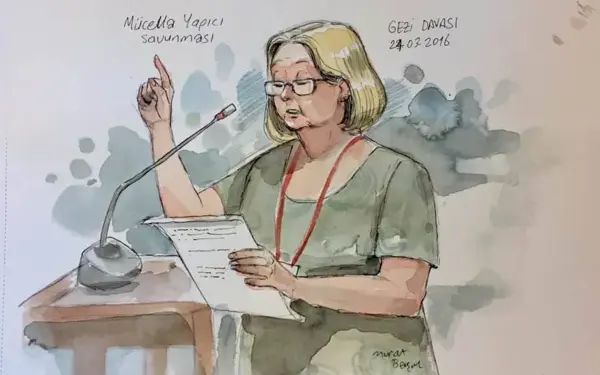
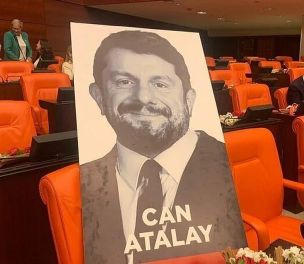

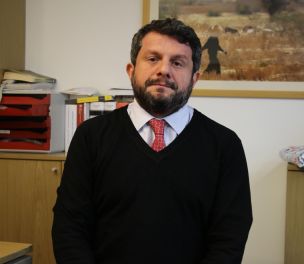
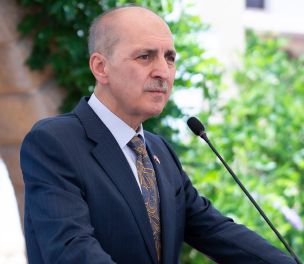
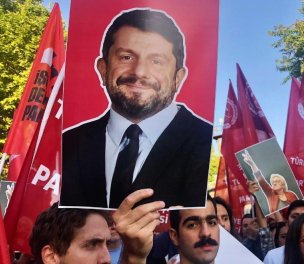

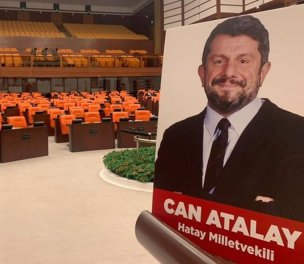
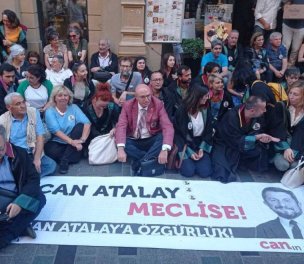
as.jpg)